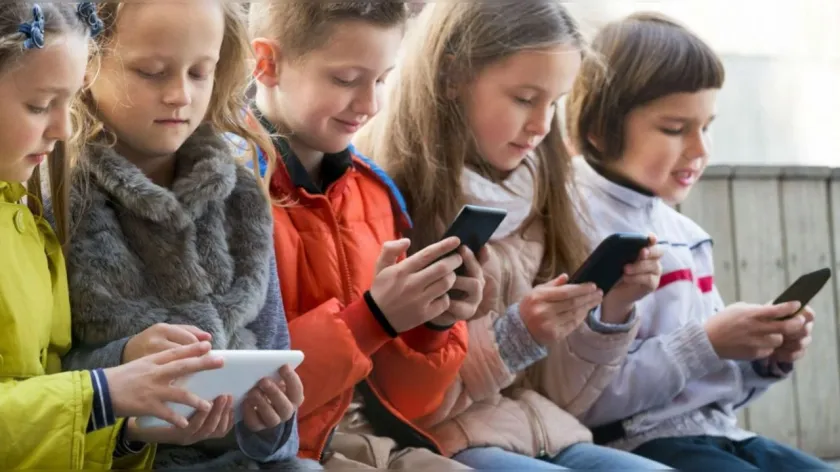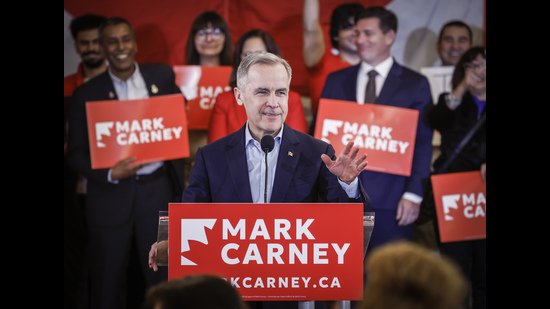New Delhi: Australia’s proposal to ban social media for children under 16 has drawn a mixed response from psychologists in India. While experts agree the policy is well-intentioned, they highlight challenges in implementation and the need for balanced digital use.
Dr. Rajesh Sagar, a professor of psychiatry at AIIMS Delhi, noted a correlation between excessive social media use and rising psychological symptoms in young users. “Banning social media use among children is a welcome step,” he said, “but enforcing a complete ban will be difficult.” Dr. Sagar emphasized promoting healthy online habits, stressing the need to understand both positive and negative aspects of digital engagement.
A recent advisory from the American Psychological Association (APA) echoes this caution, stating that “problematic social media use” can interfere with adolescents’ daily routines and poses risks to long-term mental health. Excessive use, especially before bed, disrupts sleep, which is crucial for adolescent neurological development and emotional regulation, the APA reported.
Dr. Pramit Rastogi, a child and adolescent psychiatrist at STEPS Center for Mental Health, remarked that while limiting social media access is crucial, such policies face practical hurdles. “This could lead to unregulated social media channels. Let’s observe how this unfolds in the West first, and then refine it for India—such as restricting social media access in school premises or having internet providers implement parental controls directly.”
Dr. Roma Kumar, a senior psychologist at Sir Ganga Ram Hospital, expressed concern over the impact of social media on adolescents’ relationships and mental health, noting rising rates of anxiety, depression, and suicidality. The APA recommends parents monitor social media use and gradually grant autonomy as children age, ensuring screen time doesn’t interfere with sleep and daily routines.
Indicators of Problematic Social Media Use in Adolescents (10-19 years):
- Persistent use despite interfering with tasks
- Cravings or distress when unable to access social media
- Lying or deception to maintain access
- Impacts on relationships or educational opportunities
APA Advisory Recommendations:
- Monitor and gradually increase autonomy for social media use
- Minimize exposure to harmful content promoting self-harm or violence
- Ensure social media does not disrupt sleep, with at least 8 hours of rest each night




